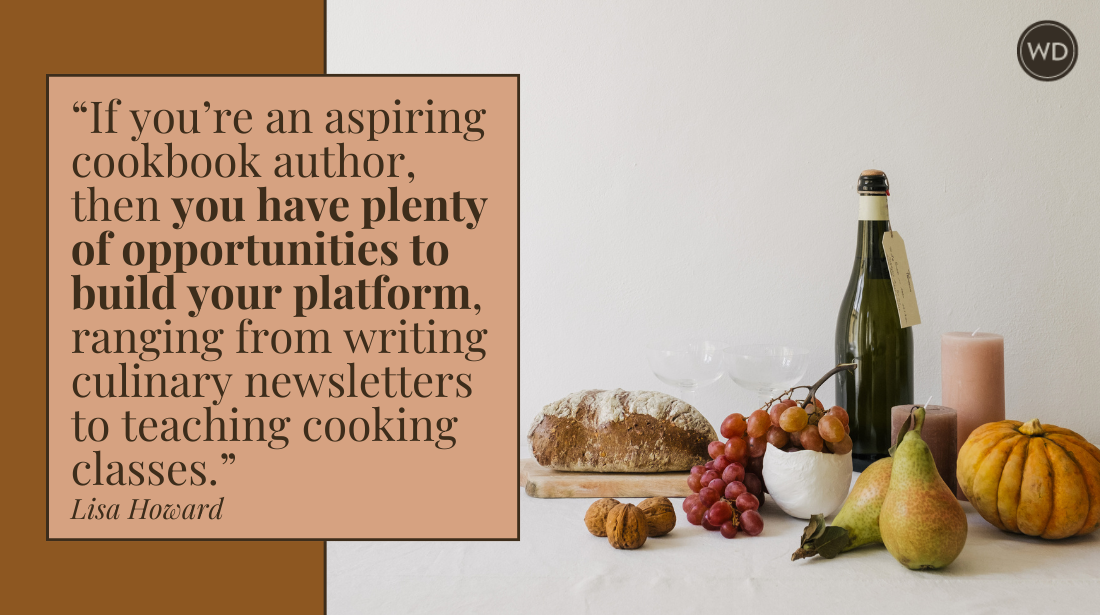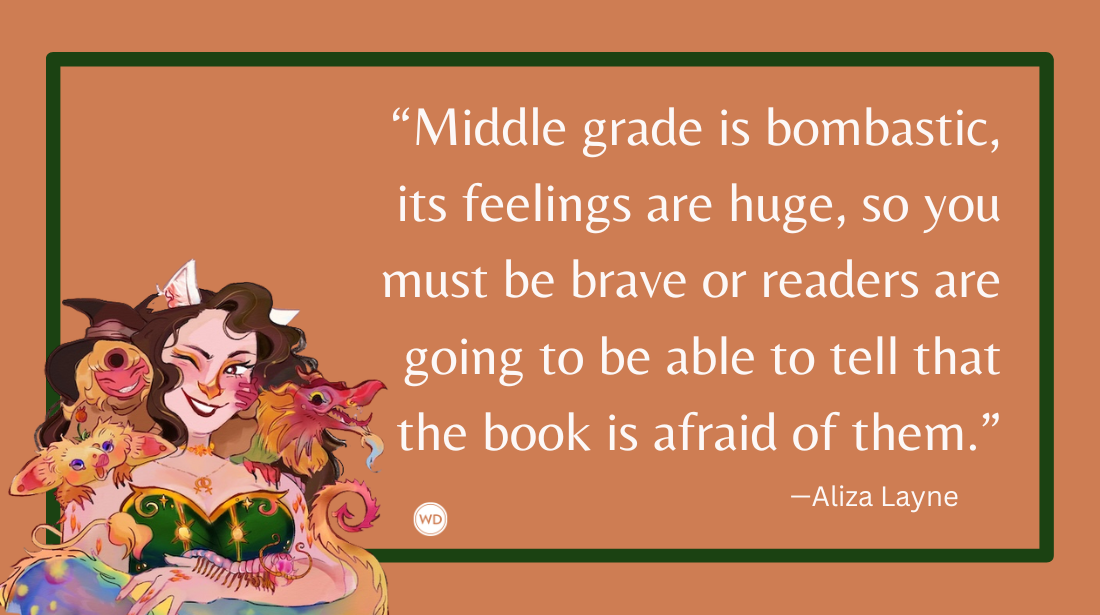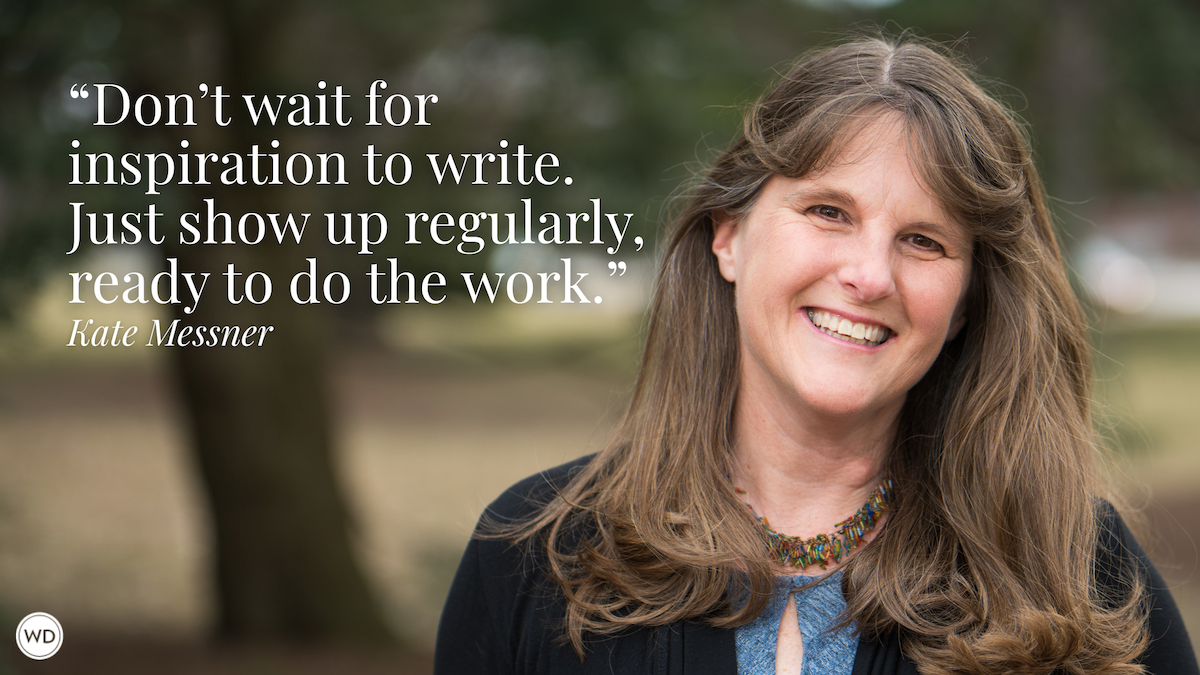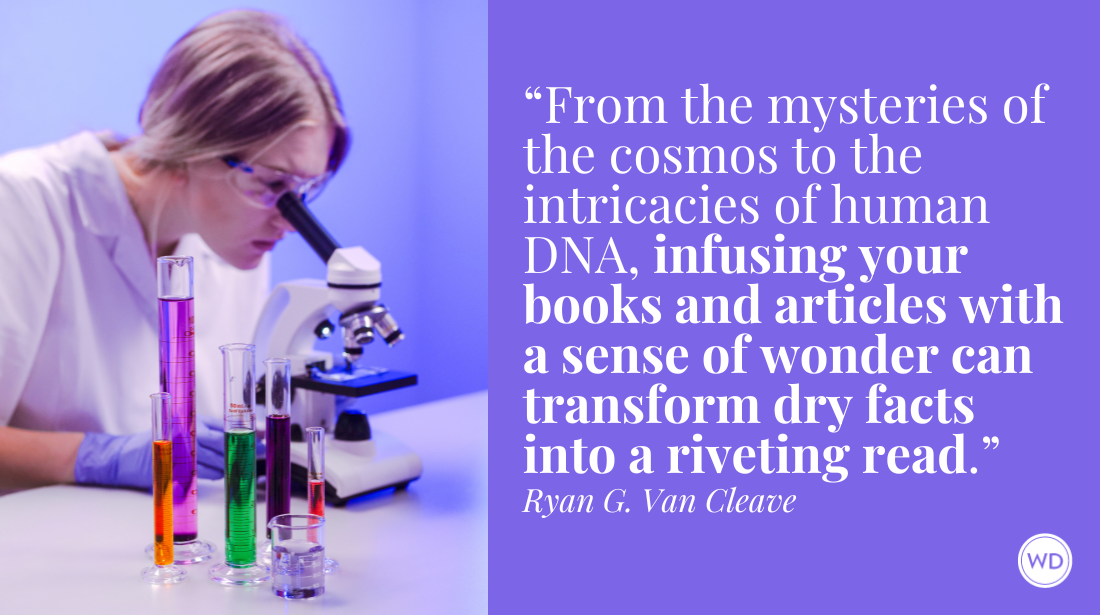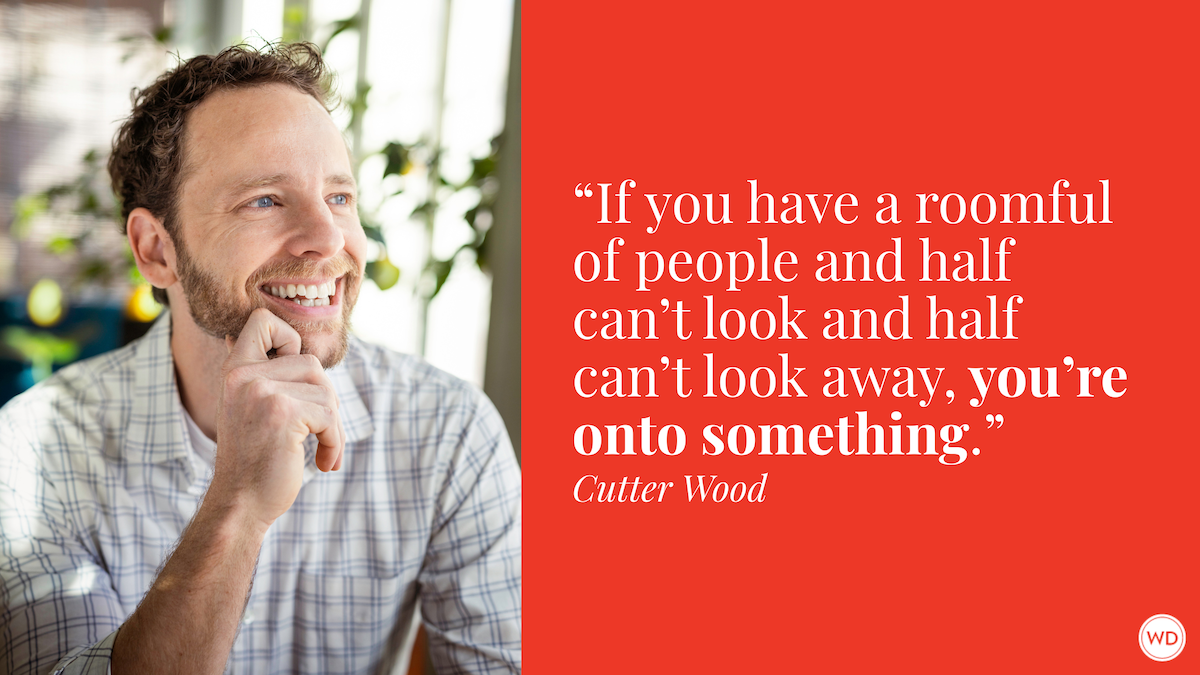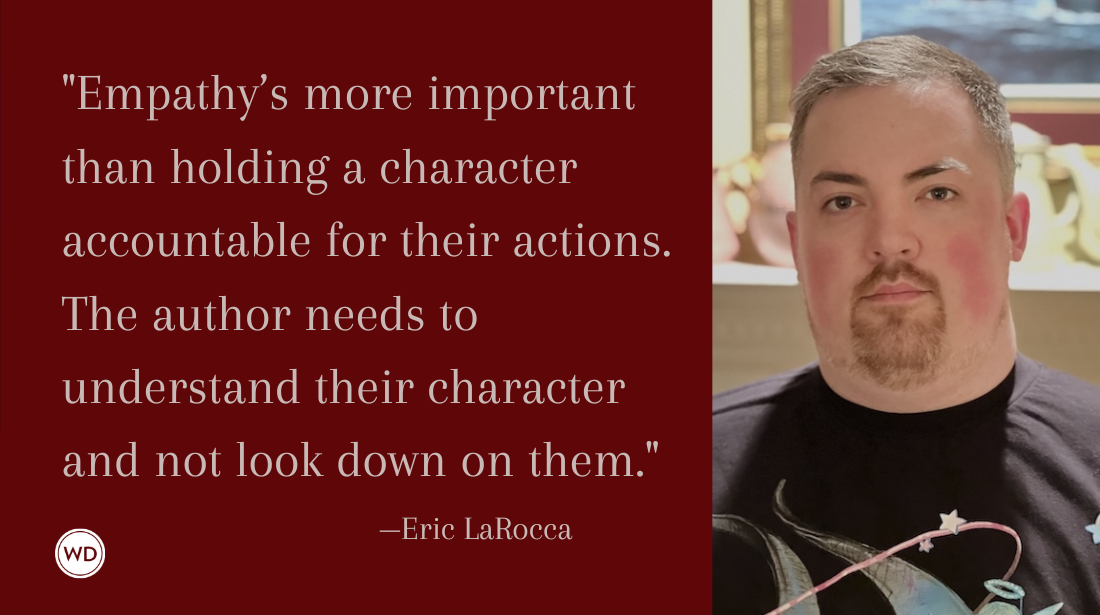Kelly Mullen: Be Open to Feedback
In this interview, author Kelly Mullen discusses the similarities between game designers and detectives with her debut crime novel, This Is Not a Game.
Kelly Mullen is an author, producer and marketing executive. Her creative work for brands has won over fifty awards, including Cannes Lions and Clios. As an executive producer, her credits include the Academy Award-nominated film Trumbo, starring Bryan Cranston and Helen Mirren, and the Apple TV+ documentary Dads, produced with Ron Howard. Born and raised in Iowa, Kelly is now a dual citizen of the U.K. and U.S. She lives in London with her husband and their rescue cats. Follow her on Facebook and Instagram.
In this interview, Kelly discusses the similarities between game designers and detectives with her new crime novel, This Is Not a Game, her hope for readers, and more.
Name: Kelly Mullen
Literary agent: Judith Murray at Greene & Heaton
Book title: This Is Not a Game
Publisher: Dutton
Release date: April 8, 2025
Genre/category: Crime/Mystery
Elevator pitch: A video game designer and her irreverent grandmother solve a murder mystery together and work through their family issues in the process. It’s Only Murders In The Building meets Golden Girls, featuring a functionally dysfunctional sleuthing duo whose personality and generational differences prove surprisingly useful.
What prompted you to write this book?
There were two main genesis points for the novel:
My grandmother fell and broke her ankle during the pandemic, so I volunteered to stay with her for two weeks. At one point during my visit, the power went out. She was completely calm about it, but I had a bit of a panic attack. I had just finished reading Ruman Alam’s brilliant Leave The World Behind, and here I am in the middle of nowhere with my injured grandmother, with no air conditioning in 100 degree heat, all in the midst of a global pandemic. I started imagining different scenarios of what could happen. That’s when the idea started to percolate. If we had to survive something high stakes together, it would have been absolutely shambolic and hilarious.
The other point of inspiration came from my day job. At the time, I was working with some of the biggest gaming companies in the world like Roblox and Epic Games, so I learned about game design through that experience. It occurred to me that there’s significant overlap in the way a detective thinks and the way a game designer thinks, and I wanted to explore that in a novel.
How long did it take to go from idea to publication? And did the idea change during the process?
I wrote the book (while working full time) over a two-year period. The plot stayed almost exactly the same throughout, however the tone shifted quite dramatically. I had started from a much darker and more cynical place. A few thousand words into that version, I realized that wasn’t right for my characters. This was ultimately a warm-hearted story about family, despite all the conflict and bloodshed, so I adapted the tone from there.
Were there any surprises or learning moments in the publishing process for this title?
Since I truly had no idea what to expect, I wouldn’t say I was surprised. More just pleasantly heartened to learn how open and collaborative the whole experience is.
Were there any surprises in the writing process for this book?
Yes, I learned early on that I am not an outliner. I’m an instinctive writer, and that’s the only way it holds my attention—to improvise as I go. The minute I try to plan something out, I lose all my steam. It’s interesting because in other areas of my life, including my day job, I’m highly organized (and all I do is plan!) But when it comes to creativity, I find it stifling.
What do you hope readers will get out of your book?
I know this will sound overly simple, but I really just want readers to be entertained. That’s it. If you enjoyed yourself for a few hours and you wish you could hang out with Addie and Mimi again, that genuinely delights me.
If you could share one piece of advice with other writers, what would it be?
Be open to feedback! Even if you disagree with a note, it still means there’s an issue you need to identify. Instead of getting defensive, look for “the note behind the note.”
Robert Lee Brewer is Senior Editor of Writer's Digest, which includes managing the content on WritersDigest.com and programming virtual conferences. He's the author of 40 Plot Twist Prompts for Writers: Writing Ideas for Bending Stories in New Directions, The Complete Guide of Poetic Forms: 100+ Poetic Form Definitions and Examples for Poets, Poem-a-Day: 365 Poetry Writing Prompts for a Year of Poeming, and more. Also, he's the editor of Writer's Market, Poet's Market, and Guide to Literary Agents. Follow him on Twitter @robertleebrewer.



